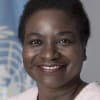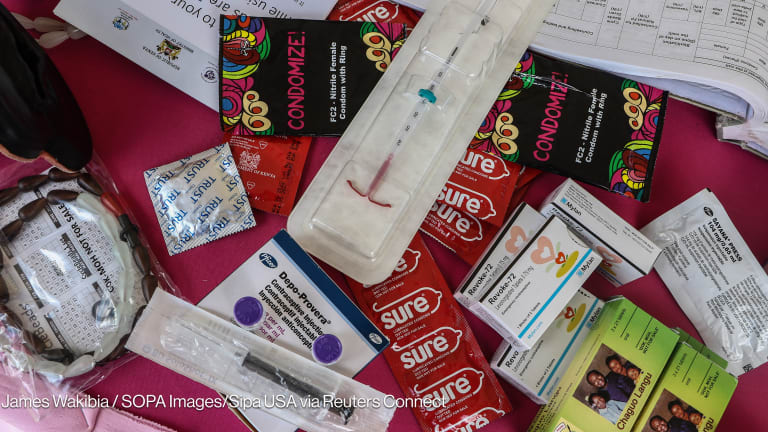
Fifty years ago, in the summer of 1968, we were teenagers during an era of enormous global change. Birth control was just becoming more widely available, and as young women in the United States, we recognized that this represented a social turning point.
What we know now, that we didn’t know then, is that it also represented an economic turning point. Access to contraception changed the course of our lives and countless others. Through the 1990s, around one-third of American women’s wage gains were due to the availability of oral contraceptives, women were able to delay childbirth and invest in higher-level education and their careers — as we did.
How family planning can help save cheetahs
Conservationists and reproductive health actors may seem unlikely partners, yet two organizations have teamed up to publish a policy paper advocating for joint work on cheetah conservation and family planning.
Back in 1968, we thought change was coming for women everywhere, especially when, that same year, world leaders agreed that family planning was a basic human right.
Now we lead global organizations: The United Nations sexual and reproductive health agency, U.N. Population Fund, and U.N. Foundation, which works to support transformative solutions across a range of issues, including empowering women through access to family planning.
We wish we could tell you that the promises and declarations world leaders made half a century ago did become a reality for women around the world. But they didn’t — especially if you are someone who lives in poverty. Our basic human right to determine if, when, and how many children to have, is still at the center of political debates.
Today, we are seeing many governments roll back access to family planning, even while 44 percent of all pregnancies globally are unplanned. There are still more than 200 million women in developing regions who want to avoid pregnancy and are not able to use safe and effective contraception.
Our own careers are testaments to the transformative impact of being able to plan our families and our futures. We finished school, pursued career opportunities, raised children, and are now global advocates championing the rights of girls and women around the world. We believe each girl, woman, and family — no matter where they live — deserves the same opportunities we had, and the knowledge and tools to decide if, and when, to have children.
“The reality is that no country has emerged from poverty in the last 50 years without expanding access to contraceptives.”
—If we still believe that family planning, such as nourishment or education, is an irrefutable aspect of human dignity, then we have a responsibility to deliver on the promise of 1968.
And if we did deliver on that promise, consider what the future could hold. Today, we have one of the largest-ever generations of young people in their reproductive years — about half the global population is under the age of 30. And the majority of the world’s young people live in the most disadvantaged countries.
This is an enormous opportunity for unprecedented progress, much like the transformative era we lived through decades ago, but only if we support the self-determination and dignity of each individual with the ability to decide whether, or when, to have children.
And here is something else we now know: Access to contraception drives economic prosperity and sustainability, and empowering women sparks a ripple effect that benefits families, communities, and entire countries. The reality is that no country has emerged from poverty in the last 50 years without expanding access to contraceptives.
When all people can determine if and when they have children, girls will be able to stay in school longer, women can pursue the job opportunities they want, and women and men can better work together to create more inclusive, equitable, and prosperous societies.
If women participated in the economy at the same level as men, we could add up to an estimated $28 trillion to the global gross domestic product by 2025. That's a 26 percent increase — roughly equivalent to the annual GDP of the U.S. and China combined.
There should be no debate on family planning. To truly deliver global progress for people everywhere we need to prioritize women’s empowerment. And that means making sure all women can make their own decisions about their bodies and their lives, and enjoy the right they won 50 years ago.









